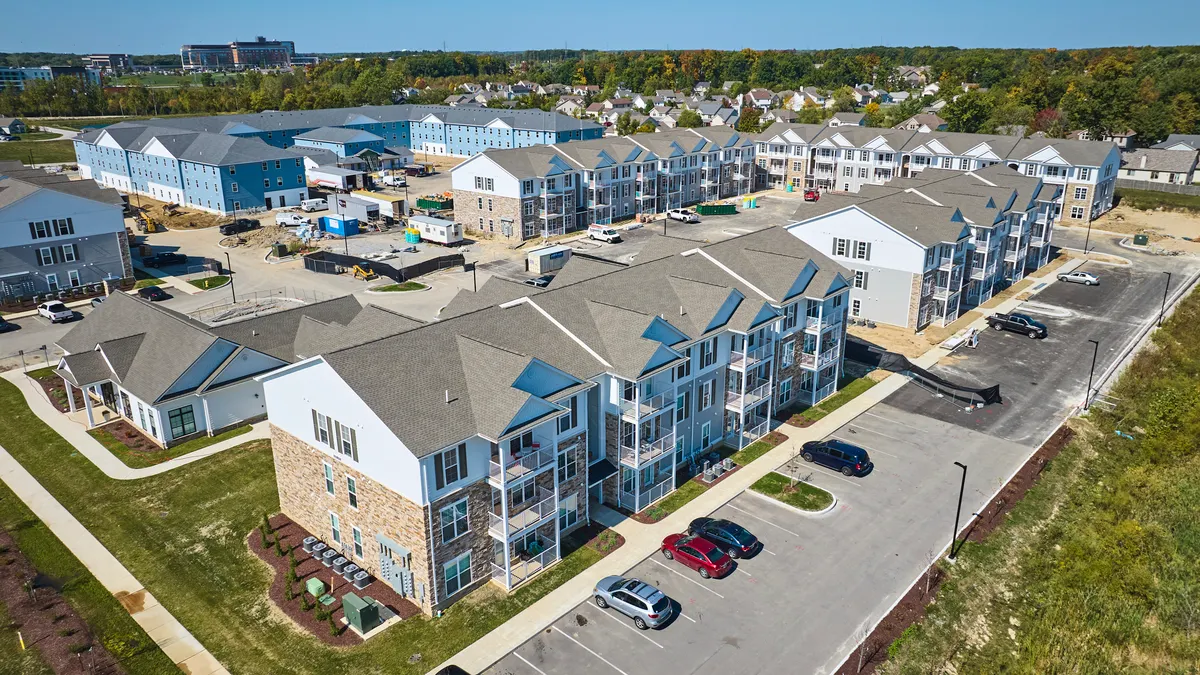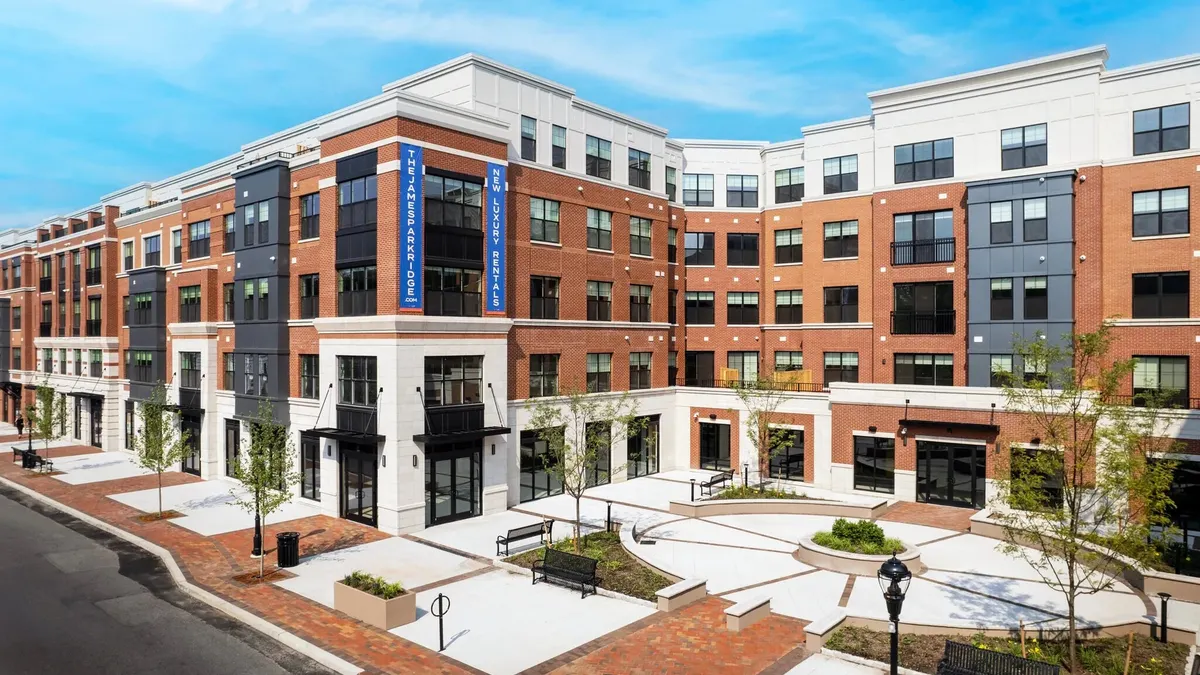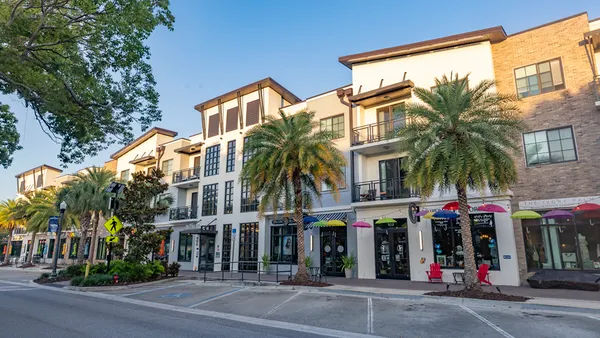If you’re offering “up to 1 Gbps” internet as part of your property’s amenity package, you’re not alone. For years, that speed was considered top-tier—fast enough to market as a premium feature, and more than sufficient for most resident needs.
But that’s changing... fast.
Nationwide Providers Are Rewriting the Standard
Across the U.S., major internet service providers are flooding the market with next-generation offerings:
- Tier 1 service providers are already offering 2-2.5 Gbps, 5 Gbps, and even 10 Gbps plans in select markets.
- Fiber overbuilders are aggressively expanding multigigabit coverage, using it as a competitive wedge in multifamily markets.
- The phrase “multigigabit internet” is no longer future-facing—it’s this year’s selling point.
These companies are reshaping consumer expectations through national ad campaigns, local promotions, and constant messaging around speed, reliability, and symmetrical service. If you’ve seen ads boasting “5x faster uploads,” you’ve witnessed this shift in action.
You’re Competing with That Message
When prospective residents compare apartments, internet performance is now a key differentiator, especially for remote workers, gamers, streamers, and families with multiple devices.
If your building’s managed Wi-Fi system caps out at 1 Gbps—often split across multiple users or devices—they’ll notice. Worse, they’ll compare it to the stand-alone fiber service they could get down the street.
And here’s the rub: 1 Gbps sounds fast, but it’s become the new baseline, not the selling point.
The NOI Risk: Underwriting Future Value of 1Gbps
Bulk internet services are often used by multifamily property owners as a strategic tool to increase Net Operating Income (NOI). In a typical arrangement, the property owner pays an internet service provider a discounted monthly rate per unit in exchange for a bulk commitment—paying for service across all units.
One increasingly popular form of bulk internet is managed Wi-Fi. This model involves installing enterprise-grade wireless access points throughout a property, enabling residents to connect to a single, seamless Wi-Fi network across the community. While this setup is appealing, it is typically built on technology that limits scalability—specifically the ability to offer multigigabit speeds. As consumer expectations and competitive offerings continue to evolve, this technological ceiling poses a growing risk to long-term competitiveness and NOI.
Consider a scenario where a property implements a managed Wi-Fi system at a bulk rate of $30 per unit per month. The service is marketed to residents as community-wide Wi-Fi with speeds “up to 1 Gbps.” The property then adds an $80 monthly internet fee to the rent package, generating $50 in NOI per unit per month—or $600 annually.
Initially, this appears to be a strong value proposition. However, as broader market trends continue, such as the widespread rollout of multigigabit services, introduction of new speed tiers, and decreasing retail price points, the perceived value of a 1Gbps-capped service will diminish. This devaluation ultimately compresses the NOI that was once projected, exposing a risk in underwriting the long-term value of such internet offerings.
The Competitive Standard Has Changed
1 Gbps is no longer a differentiator; it’s a minimum threshold. To protect NOI, retain residents, and stay competitive over the next 5-10 years, properties must consider systems that scale with demand.
That’s where Next Gen Bulk comes in, providing every unit with a direct, private, multigigabit-capable connection and the property-wide roaming experience of Managed Wi-Fi. Unlike managed Wi-Fi, it doesn’t just meet expectations today; it’s designed to exceed them tomorrow. Don’t fall into the managed Wi-Fi speed trap – contact Internet Subway today to learn more.








